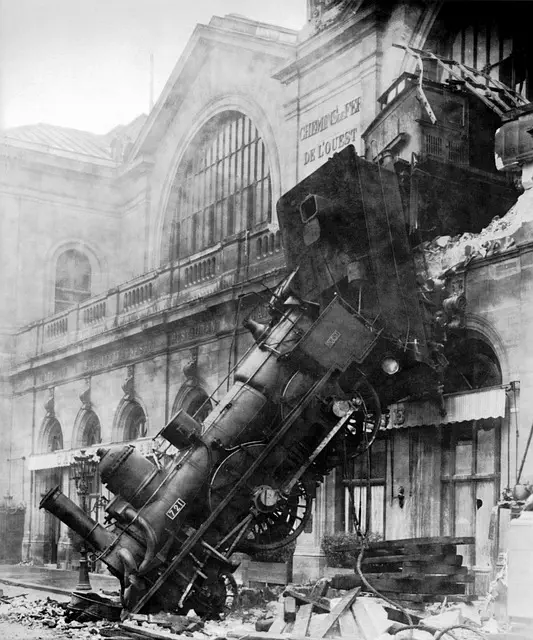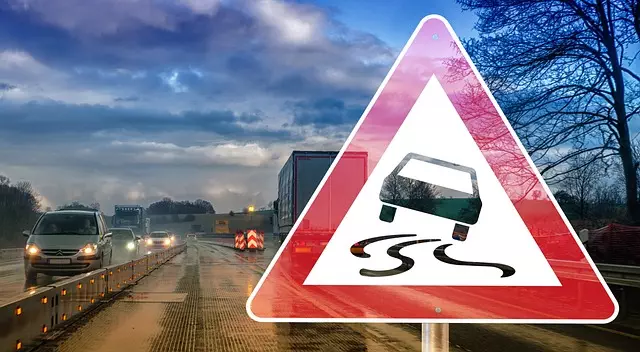Rideshare crash litigation in The Bronx poses complex legal challenges centered on driver negligence and company liability, with victims often filing Product Defect Lawsuits Brooklyn to hold both accountable. These cases scrutinize rideshare firms' responsibilities in maintaining safe operations, their screening processes, safety protocols, and response to known risks under New York law. Success requires demonstrating that defects in the rideshare platform or driver behavior directly caused injuries through thorough investigations into vehicle maintenance, training, and company policies. The Bronx's dense urban environment and high traffic volume amplify the impact of crashes, making strict adherence to safety standards crucial. Product Defect Lawsuits Brooklyn commonly address design and manufacturing defects, inadequate warnings, faulty software, and malfunctioning devices, with plaintiffs needing to prove duty of care, breach, and direct causation. Understanding drivers' and companies' roles is vital for navigating liability complexities, especially in dynamic scenarios where a driver uses a rideshare app during an accident. Victims are advised to consult specialized attorneys handling Product Defect Lawsuits Brooklyn for guidance, evidence gathering, and robust case building to secure fair compensation.
In the dynamic landscape of urban mobility, rideshare crashes in The Bronx have become a focal point for litigation. This article delves into the complex world of rideshare crash litigation from a legal perspective, examining case studies and identifying key factors. We explore how The Bronx serves as a microcosm for understanding litigious outcomes, with a special focus on Product Defect Lawsuits in Brooklyn—common causes, claims, and strategies for accident victims seeking justice and compensation.
- Understanding Rideshare Crash Litigation: A Legal Perspective
- The Bronx as a Case Study: Factors Contributing to Litigious Outcomes
- Product Defect Lawsuits in Brooklyn: Common Causes and Claims
- Navigating Liability: Roles of Ridesharing Companies and Drivers
- Strategies for Accident Victims: Seeking Justice and Compensation
Understanding Rideshare Crash Litigation: A Legal Perspective

Rideshare Crash Litigation, particularly in the Bronx, is a complex legal arena that involves scrutinizing the intricate interplay between driver negligence and company liability. When a crash occurs, victims often seek justice through Product Defect Lawsuits Brooklyn, aiming to hold both the driver and rideshare company accountable.
From a legal perspective, these cases delve into the responsibility of rideshare companies in ensuring safe operations. This includes examining their screening processes for drivers, safety protocols, and response to known risks. Understanding New York’s product defect laws is crucial here, as they dictate how liability is determined in such scenarios. Victims must prove that a defective product or service, in this case, the rideshare platform or its integration with driver behavior, directly led to their injuries. This often requires an in-depth investigation into vehicle maintenance records, driver training, and company policies to establish negligence and secure compensation for victims.
The Bronx as a Case Study: Factors Contributing to Litigious Outcomes

The Bronx, with its dense urban environment and bustling streets, serves as an intriguing case study for rideshare crash litigation. Several factors here contribute to the litigious outcomes in product defect lawsuits Brooklyn, particularly involving ridesharing services. One key aspect is the high volume of traffic and diverse road conditions, which increase the likelihood of accidents and subsequent legal actions. The Bronx’s compact layout also means that many residents rely on ridesharing as their primary mode of transportation, heightening the impact of crashes on communities.
Additionally, the borough’s complex network of public transportation and busy intersections can lead to confusion and potential safety risks for both passengers and drivers, prompting more frequent legal disputes. The Bronx’s reputation as a vibrant yet densely populated area further emphasizes the need for strict adherence to safety standards in the rideshare industry, as product defect lawsuits Brooklyn often revolve around issues related to vehicle safety and driver accountability.
Product Defect Lawsuits in Brooklyn: Common Causes and Claims

Product Defect Lawsuits in Brooklyn often revolve around several common causes, with claims typically focusing on safety issues and negligence. One prominent area is automotive design and manufacturing defects, where plaintiffs may argue that vehicle parts or systems failed prematurely or did not meet expected safety standards, leading to accidents and injuries. For instance, defective brakes, tires, or airbags could be grounds for litigation, especially if these defects directly contribute to collisions.
In addition to vehicle-specific cases, Product Defect Lawsuits Brooklyn may also encompass broader claims against manufacturers for inadequate product warnings, faulty software, or malfunctioning electronic devices installed in vehicles. Plaintiffs must demonstrate that the defendant owed a duty of care, breached that duty by creating an unreasonably dangerous product, and that the product’s defect directly caused the plaintiff’s injuries. Legal professionals specializing in these cases meticulously gather evidence, including expert testimony, medical records, and vehicle inspection reports, to build compelling arguments on behalf of their clients.
Navigating Liability: Roles of Ridesharing Companies and Drivers

In rideshare crash litigation, navigating liability involves understanding the distinct roles and responsibilities of both ridesharing companies and drivers. These entities operate within a complex legal framework where accidents can lead to significant Product Defect Lawsuits Brooklyn. Ridesharing companies are responsible for ensuring that their vehicles meet safety standards and that drivers undergo proper training. They also maintain insurance policies to cover potential liabilities arising from crashes. On the other hand, drivers are required to adhere strictly to traffic laws and safe driving practices. Their personal insurance policies typically kick in during accidents, but they may face legal repercussions if deemed negligent or at fault.
The lines of liability can blur in cases where a driver is using a rideshare app at the time of an accident, as both the company and the driver could be held accountable under different circumstances. This dynamic underscores the importance of thorough investigations to determine responsibility, with implications that extend beyond Brooklyn and are relevant across the nation, given the widespread use of rideshare services.
Strategies for Accident Victims: Seeking Justice and Compensation

Accident victims involved in rideshare crashes in The Bronx face unique challenges. Seeking justice and compensation can be a complex process, especially when navigating liability between the driver, rideshare company, and potentially other parties like vehicle manufacturers.
Victims should consider consulting with an experienced attorney specializing in Product Defect Lawsuits Brooklyn to explore their legal options. A qualified lawyer can help victims understand their rights, gather evidence, and develop a strong case to secure fair compensation for medical expenses, lost wages, pain and suffering, and other damages resulting from the accident.
Rideshare crash litigation in The Bronx highlights complex legal landscapes, with outcomes influenced by a multifaceted approach. Understanding these cases, as illustrated by our analysis of product defect lawsuits in Brooklyn, is crucial for both accident victims seeking justice and ridesharing companies aiming to enhance safety. By recognizing the interplay between vehicle defects, driver negligence, and company liability, individuals can make informed decisions and navigate the legal process effectively. This knowledge empowers them to pursue compensation and contribute to the ongoing evolution of rideshare safety standards in Brooklyn and beyond.
